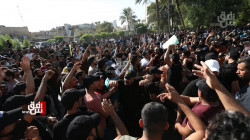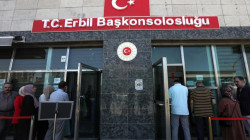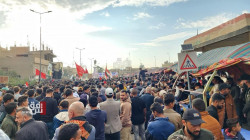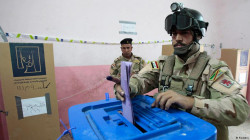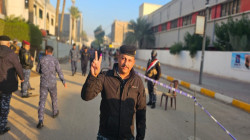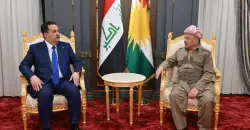Iraq’s elections under pressure: postponement debates and electoral law reforms
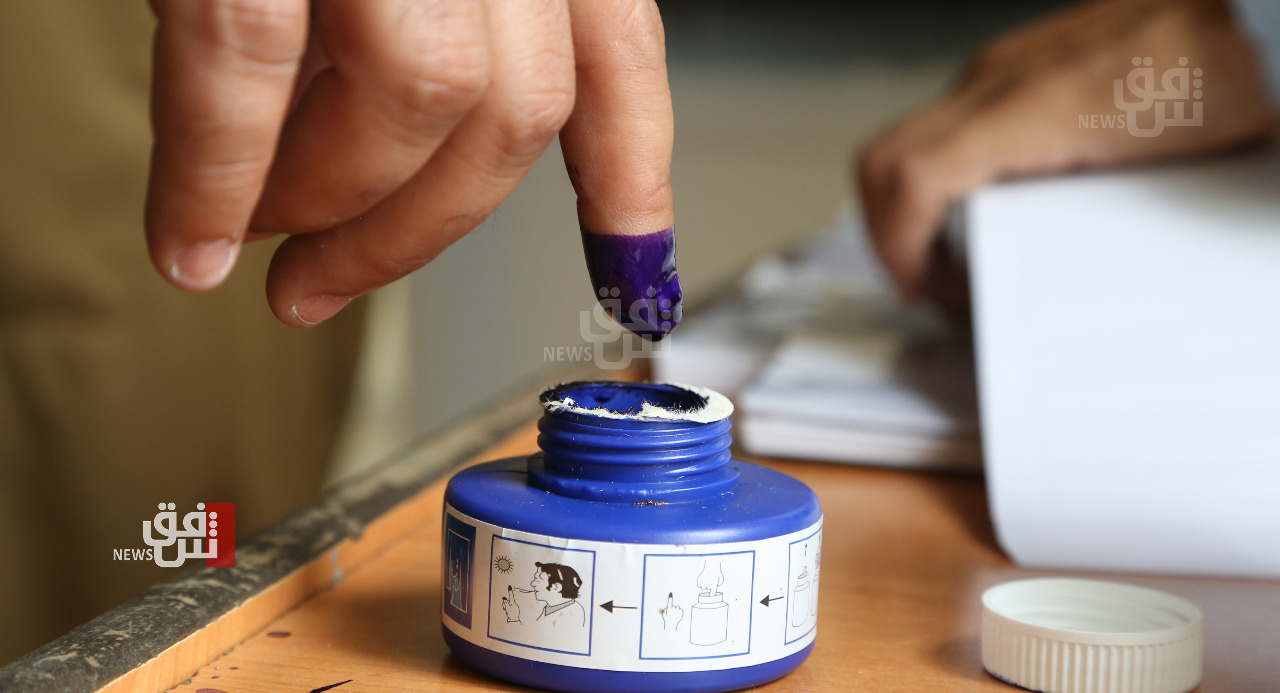
Shafaq News/ Recent calls to postpone Iraq’s parliamentary elections and amend electoral laws have gained momentum amid regional upheavals. While some politicians argue that the rapid pace of change in the Middle East might outstrip the timetables for elections, others maintain that adhering to constitutional deadlines is essential to building trust in Iraq’s political system.
Debates Over Election Postponement
Proposals suggest delaying the elections, currently scheduled for October 2025, until regional conditions are better. Advocates for postponement recommend allowing the current government to continue in a caretaker capacity until security and political stability are restored.
However, political observers believe Iraq’s political elite is more concerned with navigating the “winds of change” sweeping the Middle East than focusing on election preparations.
Despite these discussions, key political factions insist there is no political, legal, or security justification to delay elections. Ensuring elections proceed on time, they argue, is vital to maintaining the constitutional framework and public confidence.
According to Mohammed al-Shammari, a member of the State of Law Coalition led by Nouri al-Maliki, “The government’s program initially included advancing the election date, but that proposal has since been shelved, and elections will occur as scheduled.”
Electoral Law Amendments Under Discussion
Al-Shammari added that several options are being considered for amending the electoral law. “It remains unclear which system will be chosen. Will it be the Sainte-Laguë method, the multi-district system, or a hybrid approach combining Sainte-Laguë with a reduced number of districts?” he said.
He noted that the Sainte-Laguë system favors larger political blocs, while the multi-district system benefits individuals and smaller parties.
Speaking to Shafaq News, Aref al-Hamami, a member of Parliament’s legal committee, stated that numerous proposals are on the table for amending the law. Among them is a return to the multi-district system used in the 2021 elections, or subdividing provinces with high population densities, such as Baghdad, into multiple electoral districts.
“Proposals to modify the Sainte-Laguë method are also being discussed, but nothing has been finalized yet. All options will be reviewed in the next parliamentary session,” al-Hamami said.
Despite these discussions, MPs acknowledge that deeply entrenched political divisions among major blocs make reaching a consensus on amendments highly challenging.
Since Iraq’s first legislative elections, the electoral system has undergone five major revisions, with most elections using the Sainte-Laguë method at a 1.7 ratio.
Notably, Parliament passed amendments in March 2023 that divided Iraq into 83 geographic districts, replacing the previous system that treated each province as a single district.
Arguments Against Postponement
Azzam al-Hamdani, a member of the Al-Azm Alliance, clarified that no official discussions about delaying elections have occurred. “In fact, some parties are calling for early elections,” he said. Al-Hamdani emphasized that regional security is stabilizing, citing Iraq’s collaboration with Syria as an example.
“The visit of Iraq’s intelligence head to Damascus reflects Iraq’s aspirations for joint security efforts. Iraq’s role in shaping Syria’s political future signals the formation of a broader regional framework,” al-Hamdani added.
He concluded that the absence of political, legal, or security justifications for postponement “underscores the constitutional obligation to hold elections on time, strengthening public trust in Iraq’s political institutions.”
Regional Dynamics and “Winds of Change”
Political analyst Daoud Al-Halfi described the evolving regional landscape as precarious for Iraq’s ruling elite. “Iraq’s politicians are less concerned with elections and more focused on mitigating the impacts of regional transformations,” he told Shafaq News.
Al-Halfi predicted that significant changes would inevitably reach Iraq unless its government and political parties accede to Western demands, including those from the United States and allied nations. “Failure to make concessions could result in a prolonged postponement of elections and a major overhaul of the political system,” he said.
He criticized the current political framework for prioritizing sectarian interests over national identity, fostering grievances among qualified professionals sidelined by the system. “Iraq’s political leadership remains fragmented, often inept, and entrenched in mismanagement, perpetuating cycles of corruption and disillusionment,” he said.
Reform or Risk Radical Change
Al-Halfi argued that Iraq must embrace reform to avoid radical transformations imposed from within or abroad. “The country must reclaim its role as a leading Arab state, governed by national institutions rather than sectarian affiliations or external agendas. Only then can Iraq navigate the coming changes,” he concluded.
